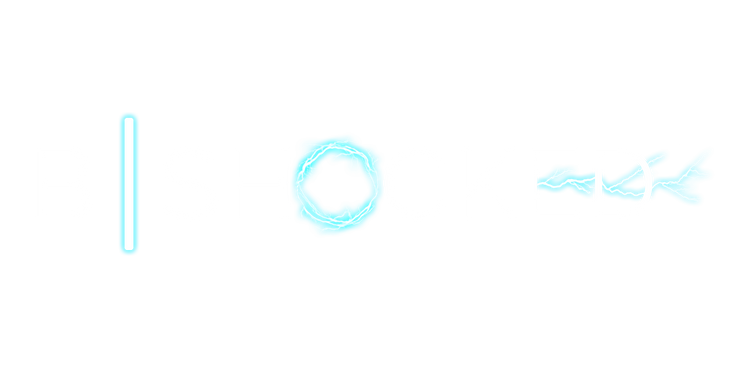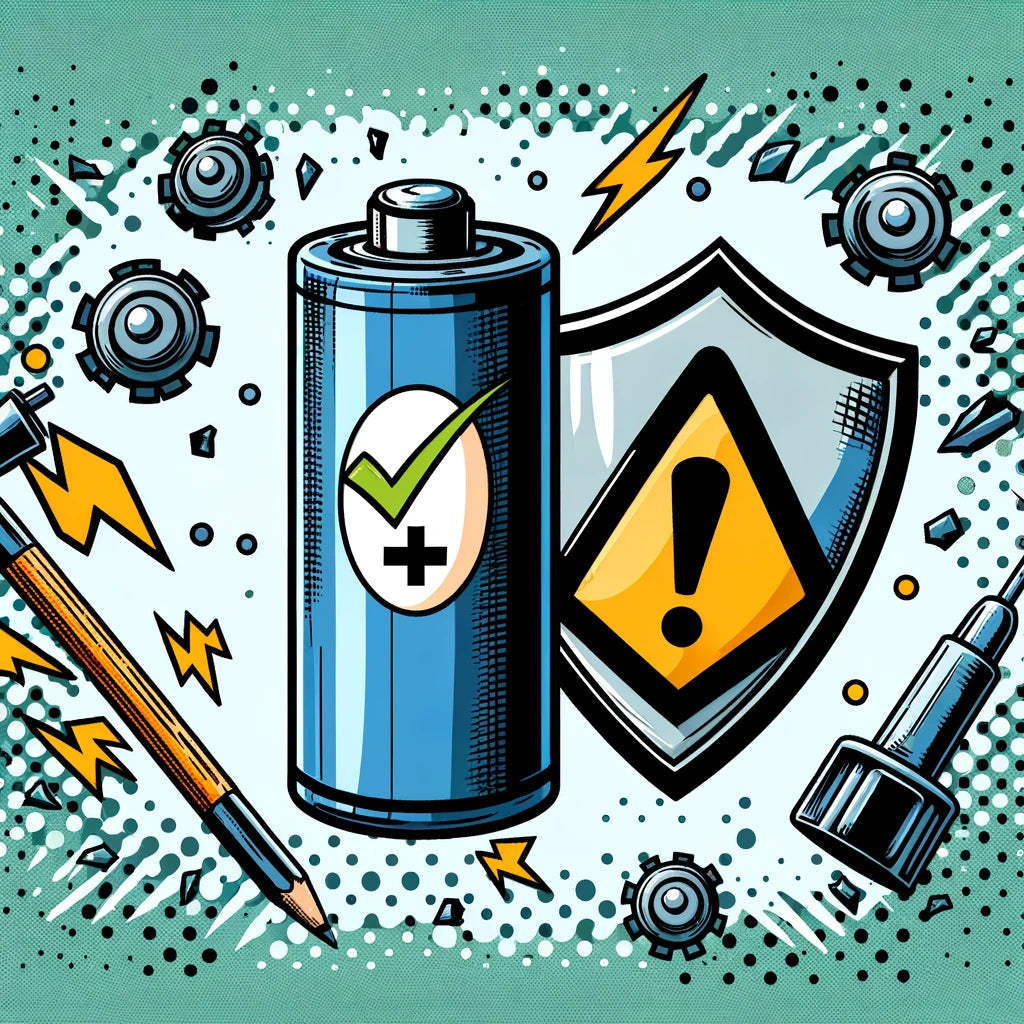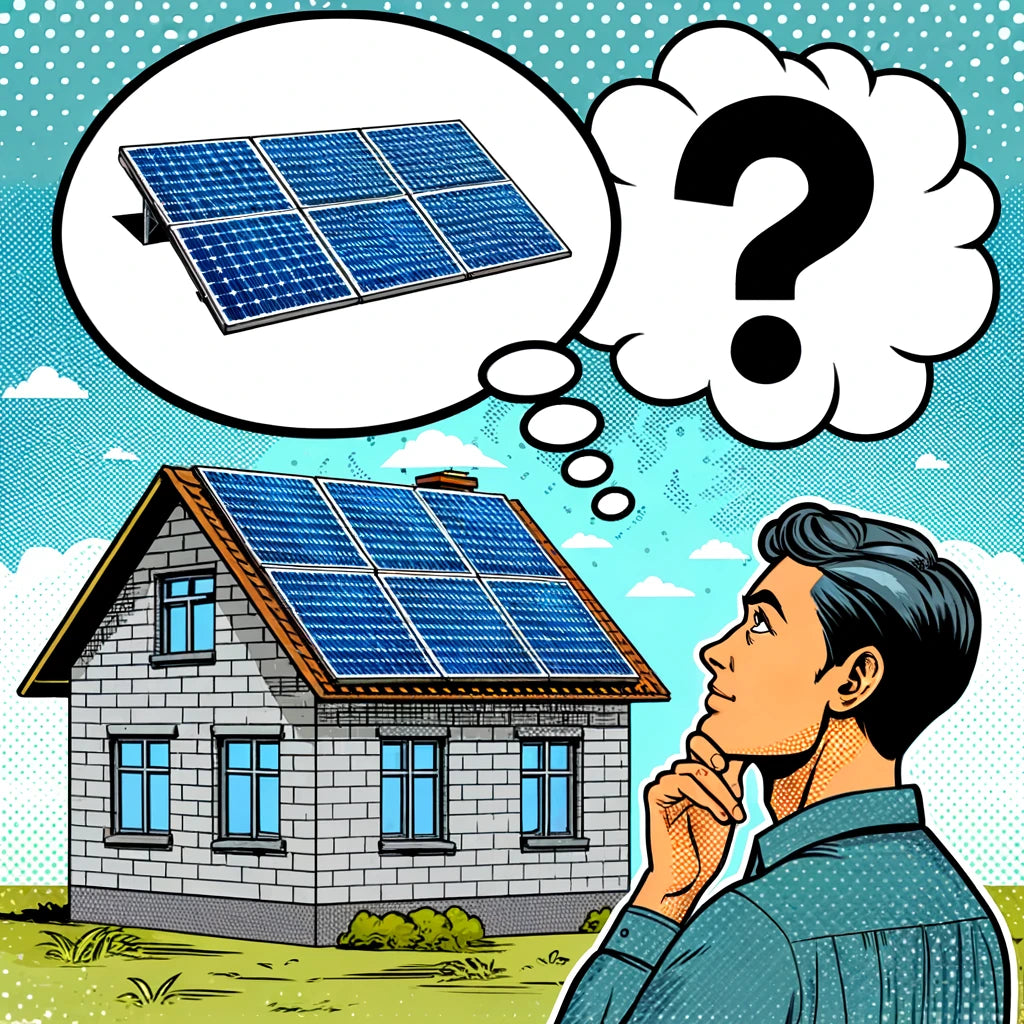All About Solar Inverters in Sunny South Africa.
Solar Inverters in South Africa: A Sunny Choice
South Africa's abundant sunshine is a gift waiting to be harnessed. When it comes to solar energy, inverters are your trusted companions. They take the energy from your solar panels and transform it into the electricity that powers your home. In this article, we'll delve into solar panel inverters, exploring what's right for your South African adventure, including pricing considerations.
What Type of Inverter Do I Need for South African Sunshine?
Let's explore the variety of solar inverters available in South Africa, including Grid Tied, Hybrid, and Off Grid options, as well as the distinction between String Inverters and Microinverters, along with price ranges :
Have a look at our catalogue of inverters to get a first hand experience of price ranges 😉

-
Grid Tied Inverters: These are like the reliable workhorses of the solar world in urban areas. They're connected to municipal power and take energy from a PV array to supplement the grid. But here's the catch: they need power from the grid to operate. In case of a power outage, your grid-tied inverter will shut down, requiring a backup generator or a separate battery system. Typically used in larger commercial setups, they're ideal for applications where most power is consumed during the day, potentially reducing power costs. Pricing for grid-tied inverters generally ranges from R8,000 to R30,000, depending on the capacity.
-
Hybrid Inverters: These smart inverters offer the best of both worlds. They can charge your batteries, support your entire load, and provide a backup for essential loads during power failures. Plus, you can set them for self-consumption, using battery power to supplement the load when there's no solar energy or insufficient power from the PV array. Hybrid inverters are perfect for residential installations and, if designed correctly, provide a fantastic return on investment, especially in South Africa. Pricing for hybrid inverters tends to be slightly higher, ranging from R20,000 to R70,000.
-
Off Grid Inverters: Simply put, off-grid inverters operate independently from municipal power. They supply power to charge batteries and meet load demands, making them a vital choice when there's no access to the grid. However, these systems are generally more expensive per KW than grid-tied and hybrid inverters because they require substantial storage capacity to maintain loads during bad weather and nighttime power consumption. Lifestyle changes may be necessary to make them economical for residential use in South Africa. Pricing for off-grid inverters is usually higher, ranging from R40,000 to R120,000, depending on capacity and battery requirements.

Inverter Basics:
What does the inverter do? The simple explanation of an inverter's function is to convert DC or Direct Current to AC Alternating Current. This guide will predominantly deal with solar inverters or inverters used in solar applications.
String Inverters: These are the trusted workhorses of the solar world. String inverters connect multiple solar panels in a series, turning their DC power into AC power for your home. They are cost-effective but can be affected if one panel underperforms. Pricing for string inverters is generally more budget-friendly, ranging from R3,000 to R12,000.
Microinverters: Microinverters are the high-tech pals of the solar world. They attach to each panel and optimize their performance separately. Even if one panel is shaded or underperforms, it won't affect the others. Microinverters tend to be slightly more expensive but can result in improved overall efficiency. Pricing for microinverters is often higher, ranging from R2,000 to R4,000 per unit.
The main difference between a UPS, Backup inverter, and solar inverter is that a solar inverter has a solar charge controller or MPPT. The MPPT controls and adjusts the input voltage to harvest the maximum amount of power from the solar array. MPPT or charge controls can be added to inverters that don't have them built in. Some solar inverters can also be used as a backup system without PV panels and charging batteries from the grid. With this type of inverter as a backup, you have the option of adding panels later.
Inverters' AC output can be pure sine wave or modified sine wave. Pure sine wave inverters are usually more expensive than modified sine wave inverters. Pure sine wave inverters are better suited for sensitive equipment and can prevent damage to computers. You may also have problems with other equipment on a modified sine wave inverter, from electrical noise to devices not working.

Selecting the Right Inverter:
There are two main considerations when selecting an inverter: 1. the size of the inverter and 2. the type of installation (Grid Tied, Hybrid, or Off Grid).
What size inverter you should get?
What is the maximum load you will need to run off the inverter, and what is the average load that you will need to run off the inverter? Your inverter should have a rated capacity greater than that of the peak load it needs to run. If you are going to use an inverter rated for 3KW and you try to run a 5 KW load, even for seconds, the inverter will shut down or even sustain damage. For loads over a period of time, some inverters, even though they are rated for a certain KW, may not be able to run at that power continuously and may have a lower continuous rating than the rated peak.

In conclusion, whether you opt for a Grid Tied, Hybrid, or Off Grid inverter, or you're considering the waveform type, choosing the right solar inverter in South Africa is vital. It's about tailoring your choice to your unique needs, the local conditions, and your budget, and being aware of the pricing range for each type of inverter.



